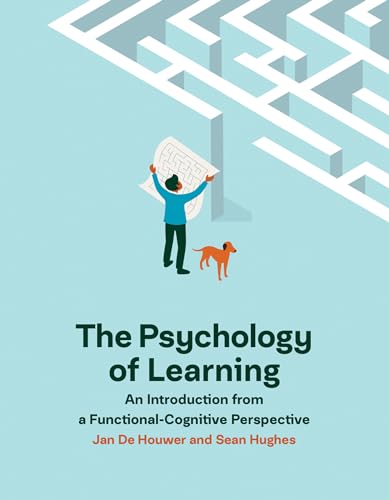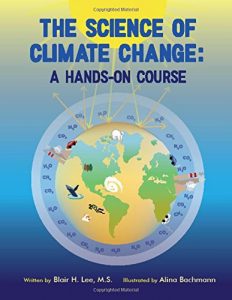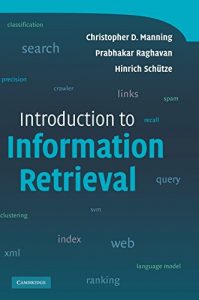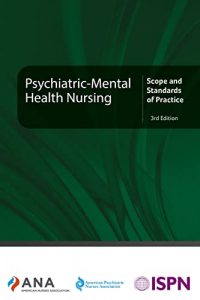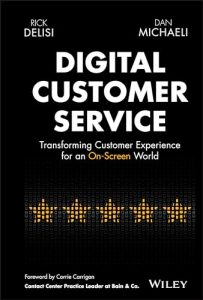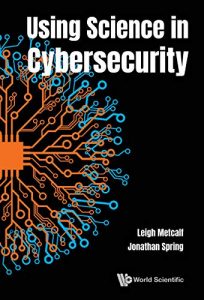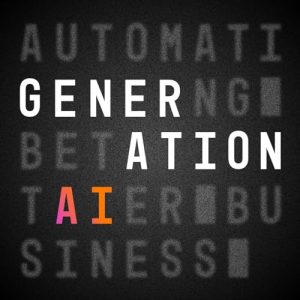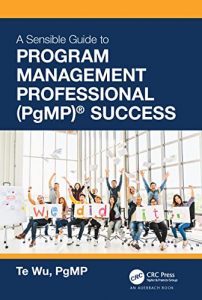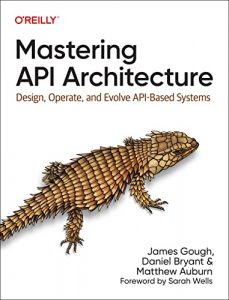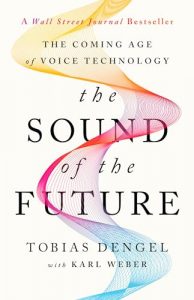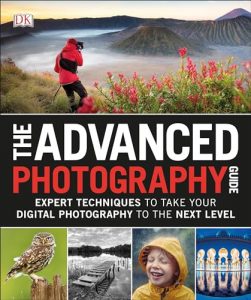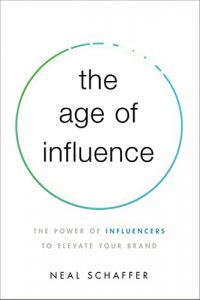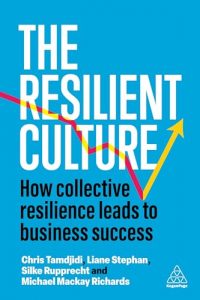In the fascinating realm of education and human cognition, understanding how we learn is essential not just for students, but also for educators, psychologists, and lifelong learners alike. The psychology of learning bridges neuroscience, cognitive science, and behavioral psychology, shedding light on the underlying processes that govern our ability to acquire knowledge. This blog post curates a selection of insightful books that delve into various aspects of learning psychology, each offering unique perspectives and practical applications.
Whether you are looking to enhance your teaching methods, understand the intricacies of cognitive development, or simply feed your curiosity about how the mind works, these books provide invaluable insights. Explore the depths of psychological theories, engage with real-world applications, and embark on a transformative journey towards mastering the art of learning.
The Psychology of Learning: An Introduction from a Functional-Cognitive Perspective
This comprehensive text by MIT Press is a cornerstone for anyone interested in the functional-cognitive approach to learning psychology. It provides a thorough overview of the cognitive processes involved in learning and how these can be applied in both educational settings and everyday life. The authors blend theoretical knowledge with practical examples, making complex concepts accessible and relatable.
The book is praised for its clear writing style and well-structured content, enabling readers to grasp essential theories and ideas that shape our understanding of how learning occurs. Educators will find it particularly valuable for developing teaching strategies that align with cognitive principles. It’s a must-have for both students of psychology and seasoned educators who aspire to refine their practice.
Psychology of Learning and Behavior
This seminal work from W. W. Norton & Company dives deep into the behavioral aspects of learning psychology, making it an essential read for anyone interested in the intersection of behavior and learning. The book tackles complex theories in an approachable manner, ensuring that readers can comprehend the significant contributions of behavioral psychology to the field of learning.
With its thorough examination of both classical and contemporary theories, this text serves as a vital source for psychology students and professionals alike. Its practical insights are similarly beneficial for educators aiming to foster an environment conducive to effective learning.
The Psychology of Learning: Everyday Life Applications
This insightful compilation focuses on the practical applications of learning psychology in everyday life. The authors discuss how psychological principles can be translated into effective strategies for learning in various contexts—from educational institutions to personal development. The book is well-researched and filled with relatable examples, ensuring that readers can easily connect theory with practice.
It is particularly recommended for individuals who are keen to improve their learning skills or those involved in training and development roles. Its easy-to-follow guidance makes it a valuable resource for anyone looking to harness the power of psychology for effective learning.
How Learning Happens: Seminal Works in Educational Psychology and What They Mean in Practice
This book is a curated collection of seminal works in educational psychology that captures foundational ideas and theories relevant to modern educational practices. The authors provide commentary on how these theories can be applied in real-world scenarios, making it an indispensable resource for educators.
Readers will appreciate the depth of information presented concisely, along with practical strategies for integrating theories into classroom practices. This book is perfect for both new and experienced educators seeking to ground their teaching in established psychological research.
Psychology of Learning for Instruction
This resource by Pearson focuses on the relationship between psychology and instruction, highlighting innovative teaching techniques grounded in psychology. The book meticulously details cognitive principles that educators can utilize to enhance their instructional methods, making it a key reference for teaching professionals at all levels.
Its comprehensive approach offers insights into child development, motivation, and skill acquisition, which are crucial for fostering effective learning environments. This book should be a staple in every educator’s library.
Understanding How We Learn: A Visual Guide
Routledge presents an eye-opening visual guide that unpacks complex learning processes through insightful illustrations and diagrams. This book is particularly useful for visual learners and educators who wish to enhance their understanding of learning theory.
By translating text into visual content, this guide makes it easier for readers to engage with and comprehend essential concepts in learning psychology. It serves as a helpful tool for students and professionals looking to enrich their knowledge and strategies surrounding learning.
A Degree in a Book: Psychology: Everything You Need to Know to Master the Subject – in One Book!
This engaging guide provides a condensed overview of psychological principles that shape learning and behavior. Ideal for those new to the subject or looking to revisit key ideas without diving into lengthy texts, this book serves as an excellent primer.
By distilling essential concepts into bite-sized knowledge, it invites curiosity and fosters further exploration, making it an ideal companion for students and casual readers alike.
Psychology: Modules for Active Learning
This interactive module-based book from Cengage Learning combines engaging content with active learning techniques that encourage reader participation. Each module is designed to facilitate deep engagement with psychological concepts, making learning dynamic and effective.
It’s especially beneficial for educators looking to incorporate active learning strategies in their classrooms, enriching the overall educational experience and promoting student interaction.
The Cambridge Handbook of the Learning Sciences
This comprehensive handbook offers a scholarly perspective on learning sciences, covering theories and research findings that are essential for understanding contemporary educational practices. It is an indispensable resource for researchers, educators, and policy-makers interested in evidence-based approaches to learning.
Its breadth of content makes it a well-rounded reference that navigates the intersection of psychology, education, and cognitive science, providing critical discourse on how these fields inform practice.
Neuroscience for Learning and Development: How to Apply Neuroscience and Psychology for Improved Learning and Training
This book offers an innovative approach by bridging neuroscience and psychology to explore effective learning and development strategies in professional and educational contexts. Kogan Page emphasizes the practical implications of neuroscientific research, providing vital insights for trainers, educators, and organizational leaders.
With its focus on application, this book enables readers to implement evidence-based practices that can enhance learning outcomes and foster a culture of continuous improvement. It’s an essential read for anyone interested in revolutionizing their approach to learning and training.

